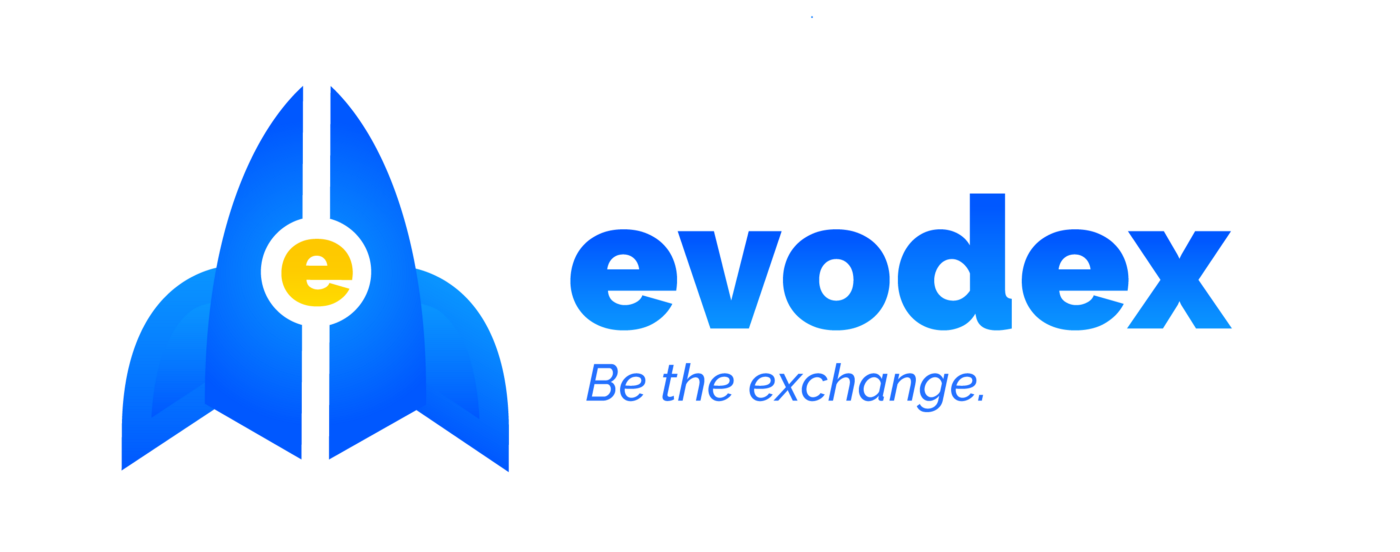This is a smart contract for EOSIO that allows the creation of continuous liquidity pools for any pair of tokens in the chain. It facilitates the decentralization of exchanges and offers an interesting financial position for the liquidity providers.
Evolutiondex follows the line initiated by Bancor and Uniswap, but with some design improvements that we explain below.
1- Evotokens. For each registered pair there will be a standard token backed by the assets in the corresponding pair of pools. These new tokens can be freely transferred, facilitating the access and management of the investment position. From now on we will call these tokens "evotokens".
In evolutiondex, each trading pair has an associated fee value that might be variable. The value of evotokens rises as they collect fees from exchange and addition of liquidity operations. The action of removing liquidity (selling evotokens) is free of charge.
2- Initial fee and fee governance. A fee value is set at initialization of each trading pair. In addition and optionally, a name of a smart contract is chosen: the fee contract. The fee value might be controlled in the future by that smart contract. One good choice for the fee governance is through voting of the evotoken holders.However, in some cases, a well known dictator might be a good choice as well. Interestingly, the evolutiondex smart contract is designed in such a way that the specific method of fee governance for each evotoken is decoupled from the rest of the functionality.
On the formulas determining prices
We chose to follow the usual criterion: after an exchange operation for a given pair, the product of the amounts in the pools of the corresponding pair must remain equal before the fee is charged. After the fee, that product will rise accordingly. All the rounding errors will favour the pools in order to avoid the gaming of the system. This criterion completely determines the price behaviour. Notice that whenever the amount to exchange is small compared to the pool sizes the price is approximately equal to the quotient between the amounts in the pools.
When adding or removing liquidity, the (again standard) criterion is to keep fixed the ratios between minted evotokens and the amounts in the pools that back their value. Actually a correction is in order for the case of adding liquidity: the fee charged will increase the value of the evotoken afterwards.
Some considerations from the perspective of liquidity providers
Being a liquidity provider is a financial position that deserves a careful analysis. It is necessary to understand the exposure to gains and losses for the different future scenarios. This will be addressed in a different article.
Fee governance is an important tool, since the optimal fee parameter is expected to change according to the mood of the market. For example, high volatility suggests high fee. Another relevant factor is the competition from other exchange opportunities. Without the ability to change the fee, liquidity providers might want to move their funds from one place to the other, thus discouraging them to invest in the first place. Therefore a dynamic fee offers a practical way to benefit from the large exchange activity in the cryptocurrency space.
From the perspective of exchangers
Continuous liquidity pools offer the advantages of decentralized exchange. There is no need to trust funds to an institution. The prices are computed algorithmically according to the available liquidity. High liquidity will translate to low price slippage (this is the price variation as the exchanged amount varies). Conversely, if the liquidity pools are small, there will be considerable slippage and the exchange will only be practical for tiny amounts.
A list of Cleos commands to interact with this contract can be found at Commands.md
References: Articles from Bancor, Uniswap, and Eos Argentina (2018).
